Growing up as a third generation migrant in the UK, with origins from the Caribbean and Africa, I have become aware of Britain’s racial divides. Despite being labelled ‘British’, I sometimes feel out of place in the country I was born.
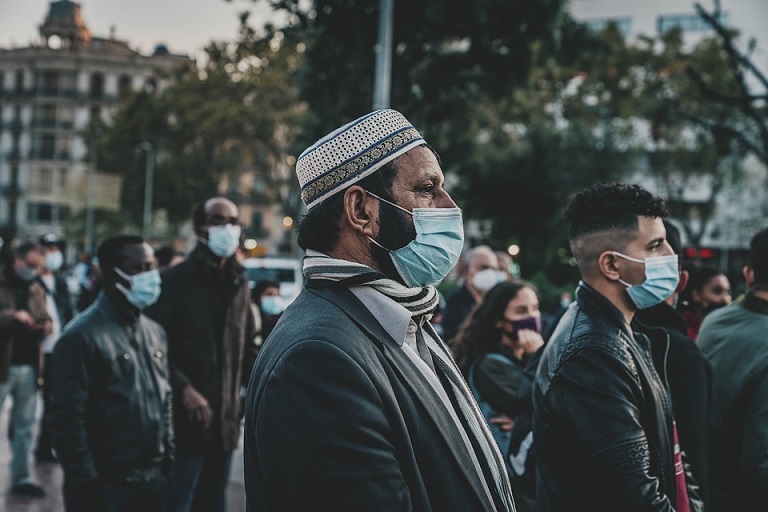 Michelle Gooden-Jones
Michelle Gooden-Jones
My mother’s parents migrated to the UK from Jamaica, while my father’s parents were from Nigeria, with his father having some ancestry from St Lucia.
Being raised by mainly my mother, who was born in England to Jamaican parents, some aspects of Jamaican culture such as music, food, traditions and language have been passed onto me. I spent my childhood and teenage years in multicultural London, before moving to a mostly white-British area of Essex. The awareness of my different heritage has caused me to develop an interest in cultures, politics and society.
Growing up British
I was raised in North London – Tottenham, an area where the majority of my neighbours were first and second generation migrants. Most people had heritages from different countries, making it common to ask where people came from.
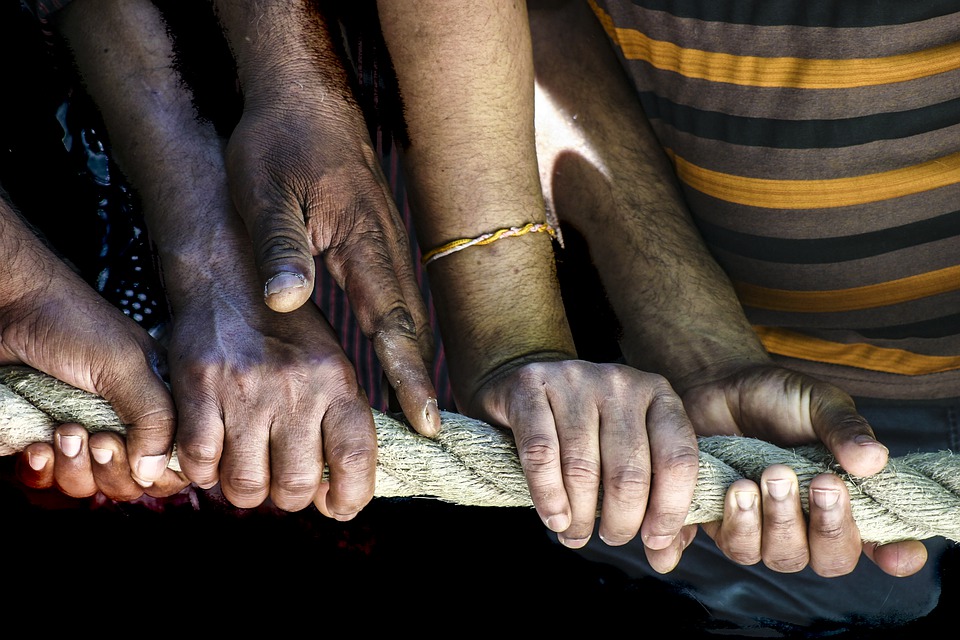 Since I was raised by my mother, in touch with many Jamaican relatives, and most exposed to their culture, whenever people asked where I came from, I said, “Jamaica”.
Since I was raised by my mother, in touch with many Jamaican relatives, and most exposed to their culture, whenever people asked where I came from, I said, “Jamaica”.
I always felt there were divides between races in North London. Turkish people mixed with other Turks, Czech people stuck to other Czech people, and so on. My mother’s church was made up by mainly Caribbeans, and I once found myself the only non-Sri-Lankan at a worship after being invited there by a friend.
As a third generation migrant, with no real connection to my grandparents’ homelands, I felt no need to continue this cycle.
My surroundings gave me an interest in other cultures, but I soon began to notice I was the only non-Turkish person at my friend’s social gatherings, and they were the only non-Caribbeans at mine.
Moving to Essex at the age of 17 was a shock. Suddenly we were the only non-white British people on my street, and one of the few non-whites in the area.
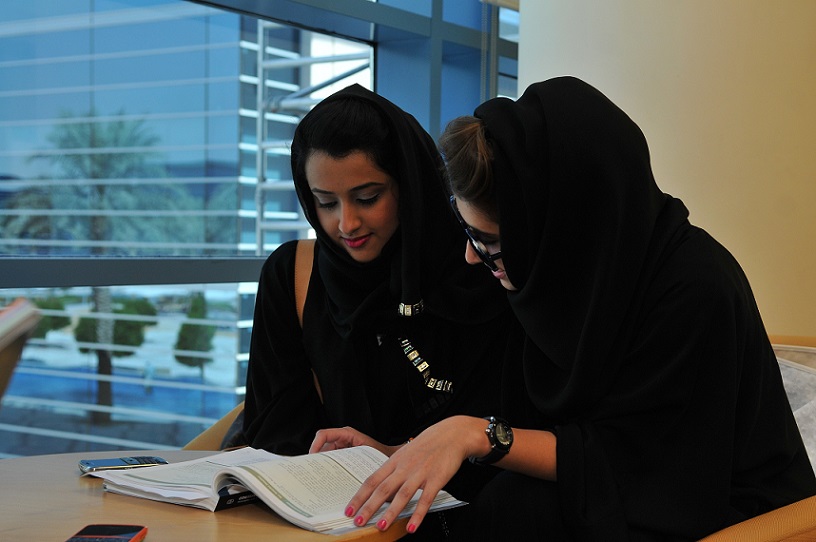 Despite this, nobody in Essex asks where I come from. I have a very British accent, so assume they just see me as being black British. ven though I have not experienced any direct racism, I feel more aware of the fact that I am black in Essex. I stand out more, and am clearly ‘different’.
Despite this, nobody in Essex asks where I come from. I have a very British accent, so assume they just see me as being black British. ven though I have not experienced any direct racism, I feel more aware of the fact that I am black in Essex. I stand out more, and am clearly ‘different’.
Experiences with racism
Although London is accepting of migrant communities, people have brought over prejudices from their homelands.
Many of my second and third generation migrant peers revealed they would be “disowned” by their families if they had a relationship with somebody from a different race.
My mother worked in Essex while we lived in London. I remember visiting her offices in 2006 and feeling tense after finding out the pub next door was a regular meeting point for members of the British National Party (BNP).
The party is well known for being openly racist, and has attacked immigrants by labelling them “a threat to British identity”.
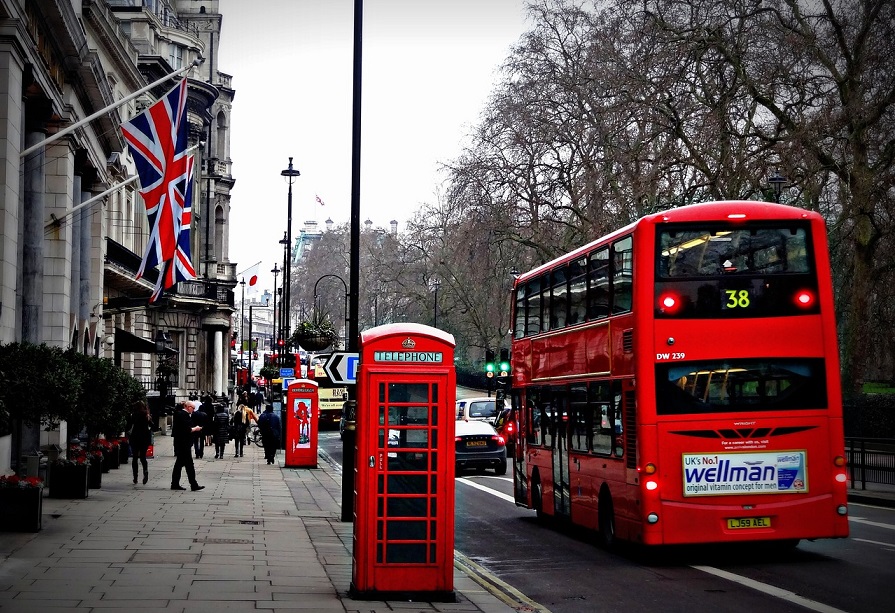 I have experienced the most racism at university, where people from different cultures that are not used to mixing with others, are put together to live in halls. International students befriend others from their home countries, white British people befriend other white British people, and as a black British person, most of my friends are also black due to high levels of covert racism on campus.
I have experienced the most racism at university, where people from different cultures that are not used to mixing with others, are put together to live in halls. International students befriend others from their home countries, white British people befriend other white British people, and as a black British person, most of my friends are also black due to high levels of covert racism on campus.
Being somebody who has studied international politics, I know there has been an increase in tensions towards migrant communities because of terrorism and fears played on by politicians and the media. A YongGov poll carried out in 2015 showed that 71 per cent of British Citizens thought immigration had negatively impacted on Britain.
Support for political factions against immigration has also increased, with the UK Independence Party (UKIP), well known for its hard immigration policies, mobilising 12.5 per cent of the 2015 General Election vote, compared to 3.1 per cent in 2010.
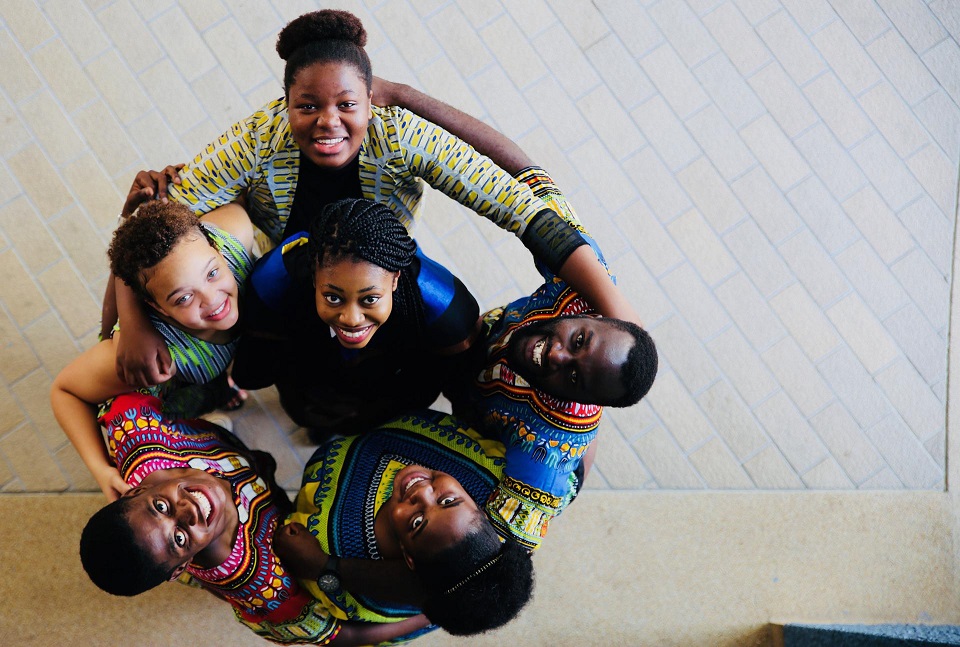 Immigrants are stigmatized and people are increasingly on the lookout for those that seem ‘suspicious’.
Immigrants are stigmatized and people are increasingly on the lookout for those that seem ‘suspicious’.
Fears have affected all migrants, but the brunt has fallen on the Muslim community.
Islamophobic hate crimes in London have significantly risen, with figures from the Metropolitan Police showing they had gone up from 557 in 2012 to 878 by November 2015.
Am I really British?
Despite being almost fully integrated into British society, many third generation migrants have complex feelings between their British identity and the identity carried over from the homelands of their grandparents. The situation for third generation migrants in the UK is hard. Increasing tensions along with rising levels of prejudice towards migrant communities is making it difficult for some to feel accepted. In 2011, David Cameron suggested that multiculturalism had “failed”, but third generation migrants like myself who call Britain home, prove that it has not. (The Prisma’ memoirs. April, 2018).
(Photos: Pixabay)












.jpg)












